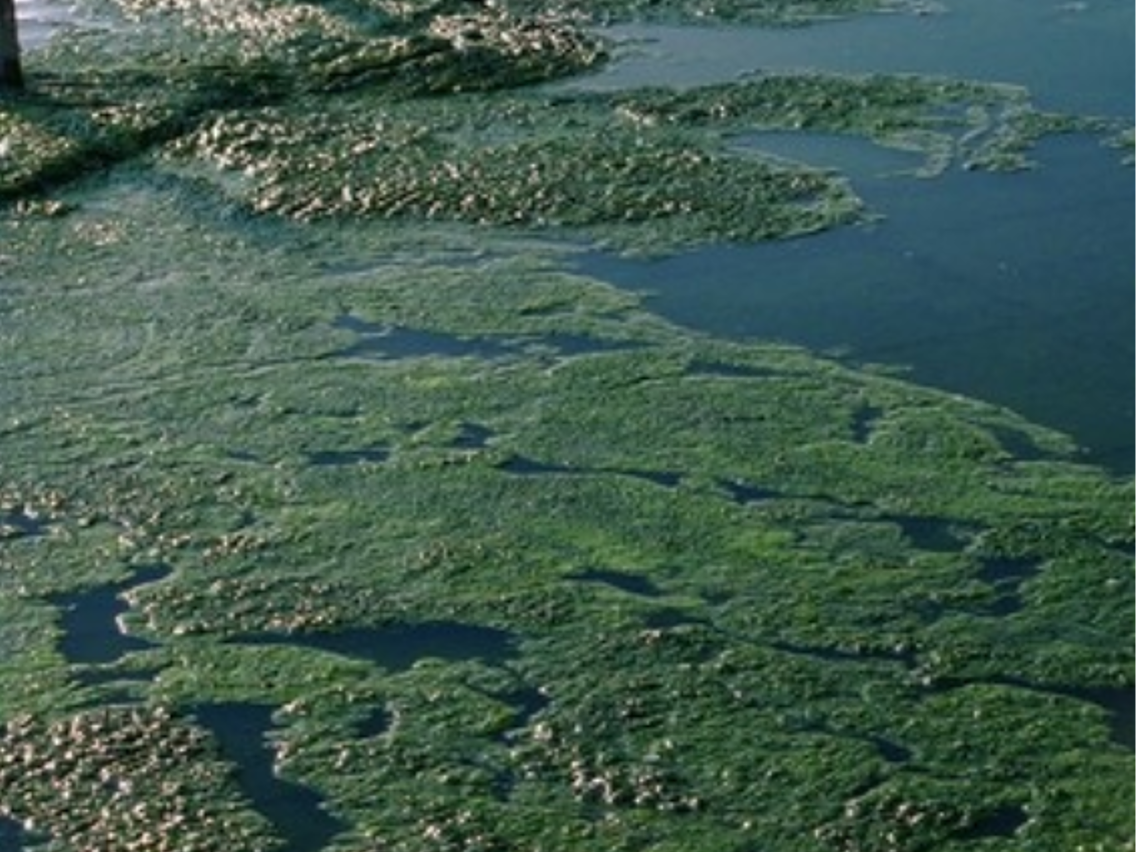Spirulina - Arthrospira platensis

Common Names: Spirulina, Arthrospira platensis, Blue-green algae, Cyanobacteria, Techelotl (Aztec), International: Spirulina, Latin: Arthrospira, Origin: Arthrospira platensis, Dihé (Chad), Superfood algae
Latin Name: Arthrospira platensis
Origin: Africa, Asia, South America
Short Introduction
Members of the genus Arthrospira naturally occur in tropical and subtropical lakes with high concentrations of carbonate and bicarbonate ions and elevated pH (alkaline). Cultivated spirulina is grown in specialized flow-through ponds with regulated water output, a setup that can be quite complex for home cultivation. The largest producers of spirulina are found in the United States, Thailand, India, Taiwan, and China.
Detailed Description
One of the world's most effective sources of essential vitamins and minerals, Spirulina is a potent antioxidant that helps cleanse the body.
Botanical Information
Arthrospira platensis is a filamentous cyanobacterium (often called "blue-green algae") with cylindrical cells arranged in a left-handed spiral. The dietary supplement known as spirulina is derived from this remarkable organism.
Origin and Distribution
Historically, spirulina has been used by Aztec communities and was a staple in the diet of indigenous cultures in Central America, as documented by one of Cortés' soldiers. Today, spirulina is recognized as an exceptional protein supplement even for long-duration space missions. In nature, spirulina is found in regions of Africa, Asia, and South America, and is also cultivated in North America.
Usage / Dosage
Spirulina is most celebrated as a powerful antioxidant, neutralizing free radicals and helping reduce their prevalence in the body. Its anti-tumor properties are largely attributed to its ability to bind and remove free radicals, which would otherwise oxidize and impair our health. Spirulina helps lower cholesterol and blood sugar levels, supports immune system stimulation, and enhances resistance to various bacteria and viruses.
Animal studies have shown a positive effect of spirulina in protecting heart and brain tissue during chemotherapy, after a stroke, and under conditions such as diabetes and age-induced sclerosis. Thanks to its unique nutritional profile—containing 50–70% protein—it is great for dietary supplementation. Spirulina accelerates metabolism and provides essential nutrients, helping you feel full and reducing cravings. Its high protein content helps preserve valuable muscle mass during weight loss, making it a helpful aid for anyone looking to shed extra pounds.
Human studies have demonstrated spirulina's beneficial effects in reducing degenerative arthritis factors, lowering free fatty particle levels, balancing high blood pressure, and improving physical fitness. Spirulina also acts as an effective antidote in arsenic poisoning due to its ability to bind toxins and free radicals, resulting in a much-needed body detoxification in today's world.
Positive effects have been observed for spirulina as an antidote for substances damaging the heart, liver, kidneys, and ovaries. It is regarded as safe for protein supplementation during pregnancy, breastfeeding, and childhood.
Warning: Due to its high vitamin K content, caution is advised for patients taking anticoagulant or antiplatelet medications. Blood clotting values may be affected, so those on warfarin or recovering from cardiac or cerebrovascular incidents should consult their healthcare provider to adjust dosages if necessary.
A high content of amino acids, including phenylalanine, may pose a risk for individuals diagnosed with phenylketonuria (a rare genetic disorder).
Active Compounds
Spirulina is a concentrated food source packed with easily absorbable nutrients. Its dry matter consists of about 60% protein, including all essential amino acids, though lesser amounts of methionine, cysteine, and lysine. This gives spirulina a unique advantage over other plant-based supplements.
By weight, spirulina contains about 7% fats, including gamma-linolenic acid, alpha-linolenic acid, linoleic acid, stearic acid, eicosapentaenoic acid (EPA), docosahexaenoic acid (DHA), and arachidonic acid.
It also supplies significant amounts of vitamins B1, B2, B3, B6, B9, C, D, A, and E. Of the minerals, potassium is most abundant, followed by calcium, chromium, magnesium, sodium, and trace amounts of copper, zinc, phosphorus, manganese, and selenium. Additionally, spirulina contains pigments like beta-carotene, zeaxanthin, and chlorophyll-a. Due to its phycocyanin content—which supports blood formation—it is recommended for individuals with anemia.
Traditional Dosage
Spirulina is available in standard form, tablets, or powder. It is used as a dietary supplement for both humans and animals. Effective and safe dosages have been established at up to 800 mg/kg body weight; for example, an 80 kg adult can consume about 60 g of pure spirulina daily. A common recommended dose is 3 g daily.
